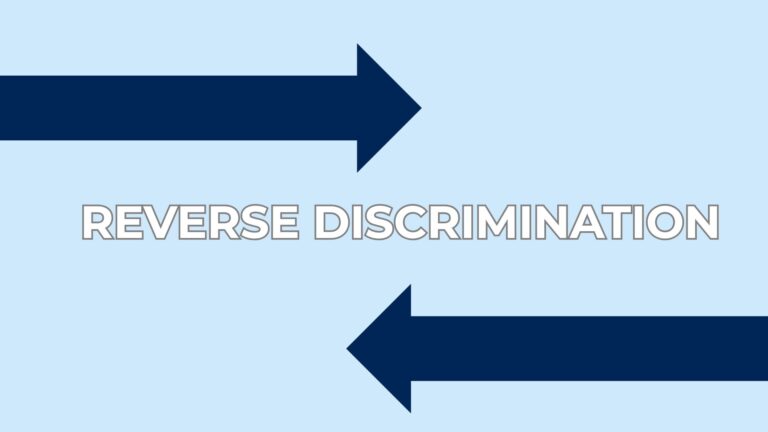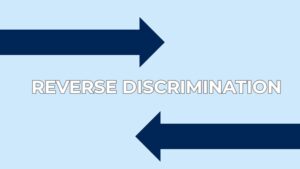In the wake of the backlash against Diversity, Equity, and Inclusion (DEI) programs at companies, there has been an increased number of inquiries from employees who believe they were victims of reverse discrimination.
Individuals suing for reverse discrimination have increasingly used Section 1981 of the Civil Rights Act of 1866 to pursue their reverse discrimination claims in federal courts. Section 1981 prohibits racial discrimination in the making and enforcing contracts and has traditionally been an add-on claim to race discrimination claims under Title VII of the Civil Rights Act of 1964. However, Section 1981 has become the legal weapon of choice in reverse discrimination cases because of the following five reasons:
First, individuals who believe that they have been discriminated against often ask, “How long do I have to sue?” Section 1981 allows plaintiffs to file four years after the discrimination occurred. This is a longer statute of limitations than under Title VII and most state anti-discrimination laws.
Second, Section 1981 claims can be filed in federal court without first exhausting administrative remedies. Under Title VII (the alternative claim for discrimination), an individual must first file a charge a with the U.S. Equal Employment Opportunity Commission (EEOC) before going to court.
Third, Section 1981 applies to all employers, regardless of size, while Title VII only covers employers with fifteen or more employees.
Fourth, Section 1981 permits employees to bring claims against individual supervisors unlike Title VII which does not bringing claims against individual supervisors.
Fifth, Section 1981 has no cap on punitive damages or emotional distress damages whereas Title VII sets a $300,000 limit on emotional distress and punitive damages.
If you believe you have been the victim of discrimination or have questions about your rights as a worker, contact the attorneys of Pechman Law Group at 212-583-9500.




